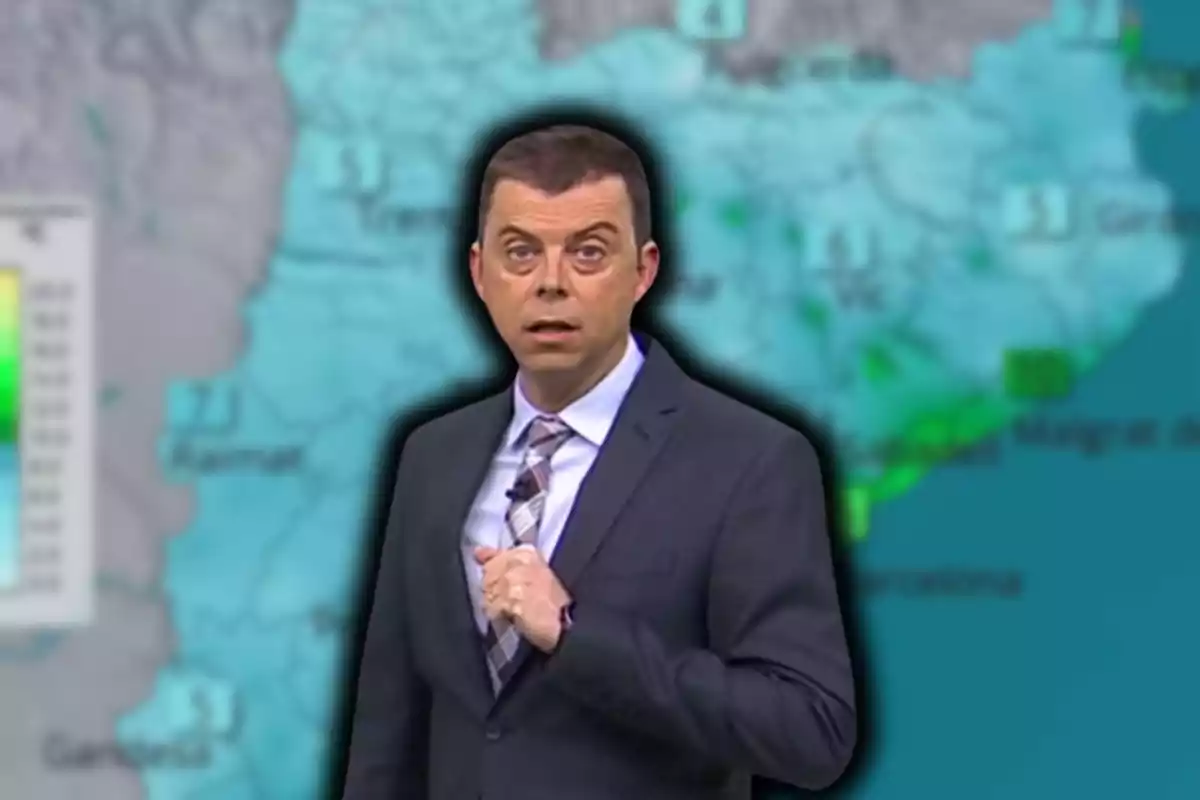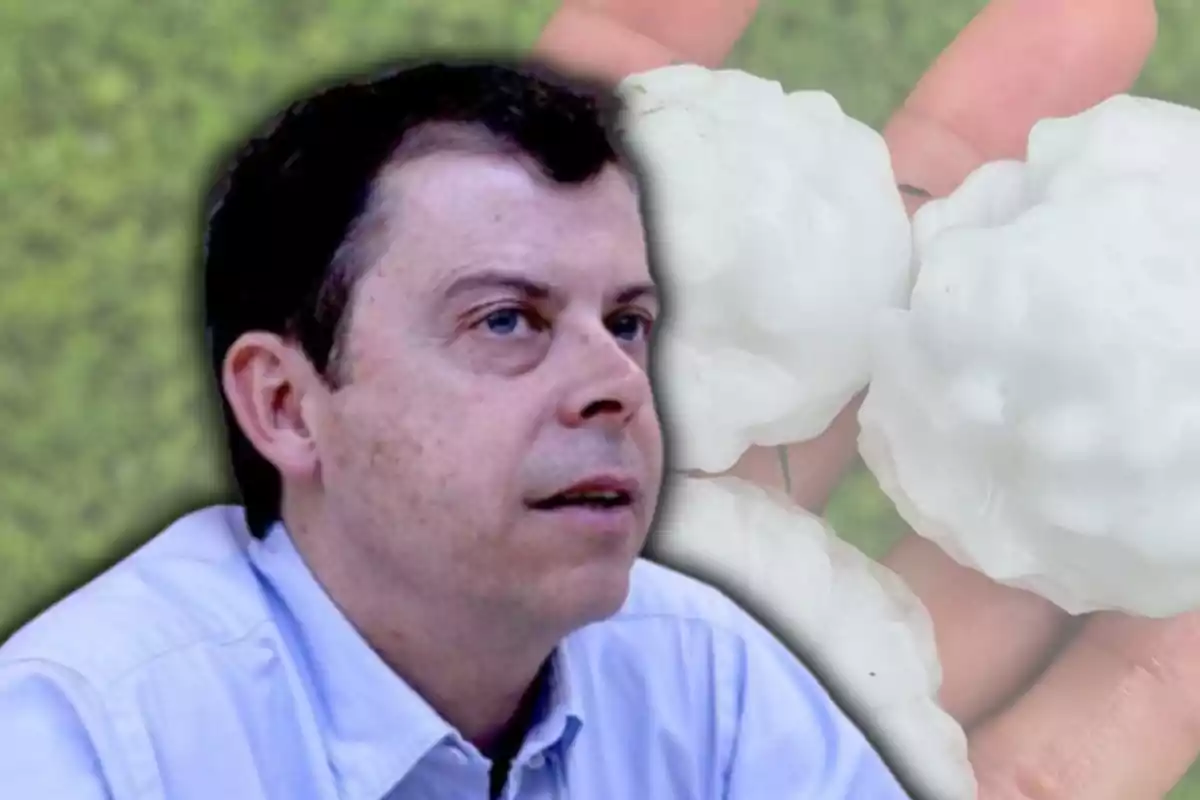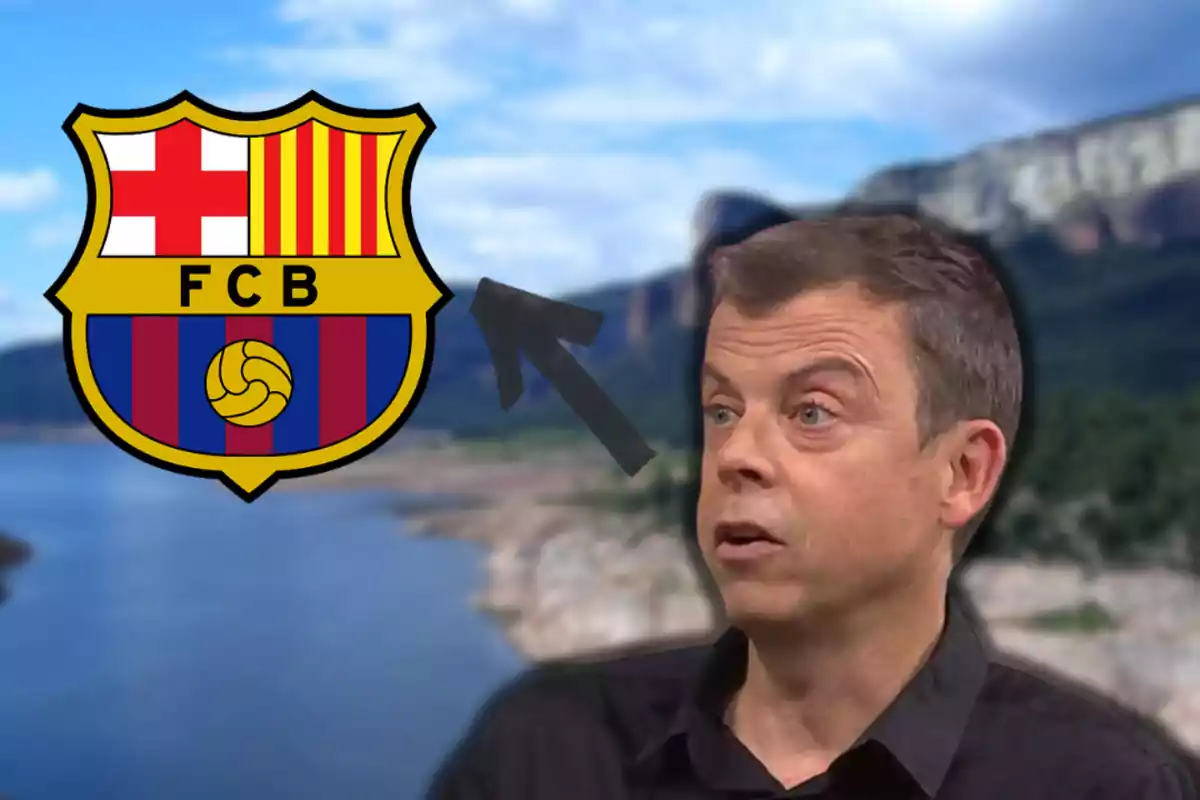This isn't the first time that Francesc Mauri, Catalan meteorologist and science communicator, has become the center of a conversation on social media over an everyday issue. His latest post on Twitter, where he shares a picture of a stand with fresh and colorful vegetables, has sparked an unexpected debate. It's not just the image of the garden that has caught the attention of the presenter's followers, but the message between the lines: Do we really consume local products or does it just seem that way?
Often, the debate about local consumption stays on the surface, dressed up by marketing campaigns and catchy slogans. However, when a public figure like Mauri steps in with data and a real image, the conversation takes on a different dimension. This isn't the first time that the authenticity of products reaching local markets has been questioned in the Catalan media environment, but in this case, the echo has been greater than usual.
Francesc Mauri, firm about the origin of the products
Francesc Mauri's tweet didn't just show an appetizing image of fruits and vegetables. His message, direct but still ironic, pointed to a problem that many consumers prefer not to face. The presenter stated that when it's tomato, peach, or cherry season and these products are truly "from home," they have no rival in terms of quality.

He dropped a criticism: even in the middle of the season, in many stores and markets labeled as "local," products from places as far away as Murcia, Huelva, or Almería keep appearing.
The controversy didn't take long to ignite. Dozens of users replied to Mauri with their own experiences. Some agreed that, despite the image of local products, much of the fruit and vegetables sold in Catalonia still come from other regions, even from outside the country. Others staunchly defended neighborhood markets, assuring that they do bet on local products whenever possible. In any case, Mauri's post served as a mirror for a deeper social debate.
Reactions on social media and statements from the organic sector
The message didn't go unnoticed by influential profiles in the organic farming sector and by associations linked to sustainable food. From several verified accounts of organizations like CCPAE, the certifying entity for organic products in Catalonia, they joined the conversation by thanking the visibility given to the problem.

The debate became livelier with contributions from local farmers, some claiming the difficulties they have in placing their products in large markets and others denouncing that many stores, despite the "eco" or "local" label, prioritize profit margins over territorial commitment.
Meanwhile, some consumers shared their tricks to make sure of the origin of the products: asking the seller directly, checking the real labeling, and above all, avoiding mainstream supermarkets in search of cooperatives and small farmers' markets.
The topic even reached forums of specialized press on food trends, where the role played by media prescribers, like Mauri, was once again highlighted so that public opinion doesn't forget the importance of responsible consumption.

a reflection beyond the anecdote: the future of local consumption
What happened with Francesc Mauri's message goes beyond a simple complaint or a viral image. It highlights the challenge of consuming seasonal and local products in a context where globalization sets the pace of the market. Do we really know where the food we put forward comes from? Are we aware of the impact of choosing an apple from Lleida over one from Huelva or even from another country?
The debate remains open. Social media have shown that there is a part of the public willing to demand more transparency and authenticity in what we eat. Francesc Mauri's intervention has served as a reminder, once again, that defending local and organic products isn't just a trend, but a matter of commitment to the land, the economy, and health.
Will this be the start of a real trend or just a viral anecdote? The truth is that, for now, the conversation continues and images of authentic markets are once again at the center of the Catalan media spotlight.

